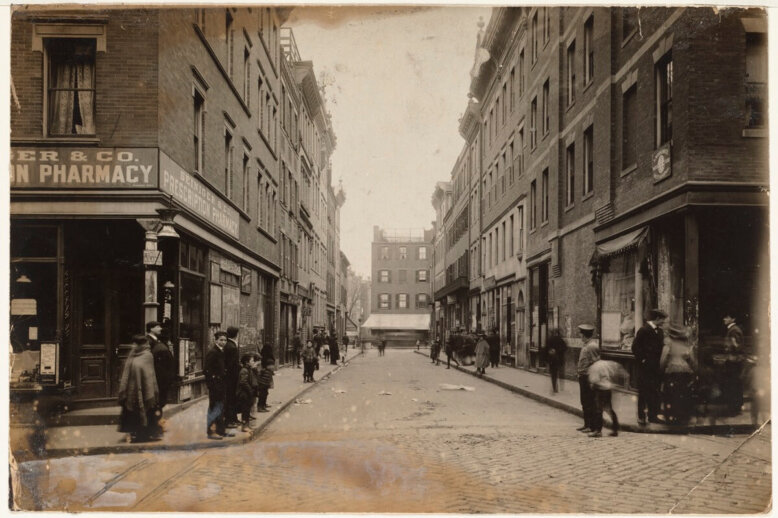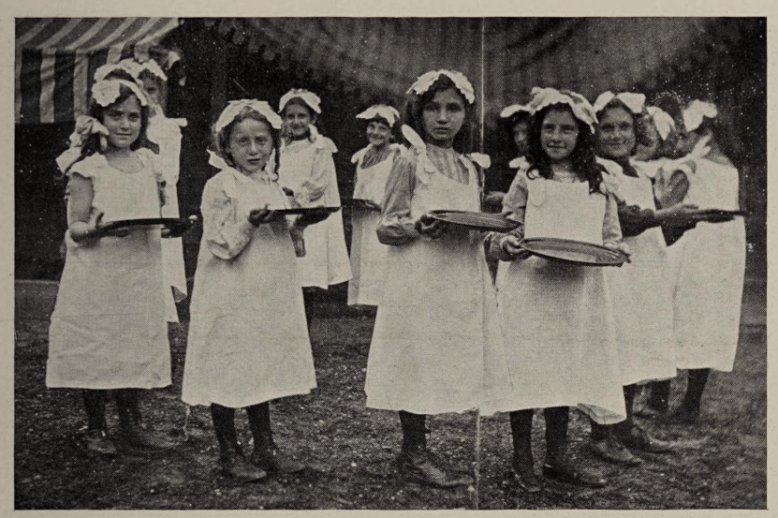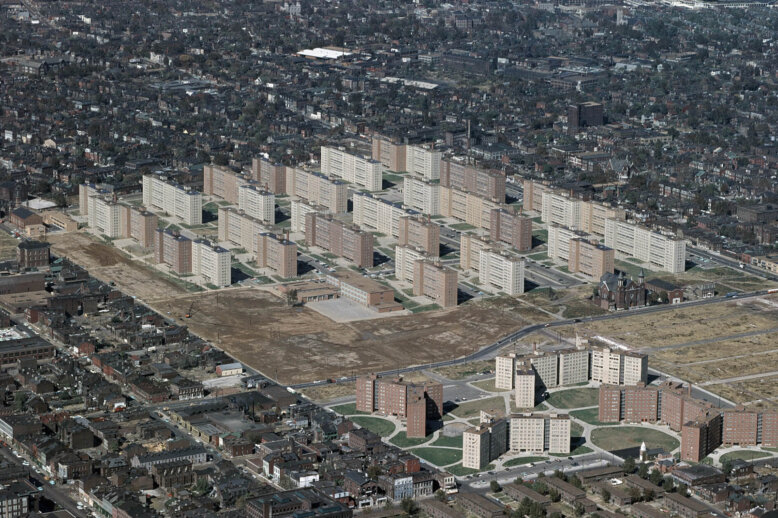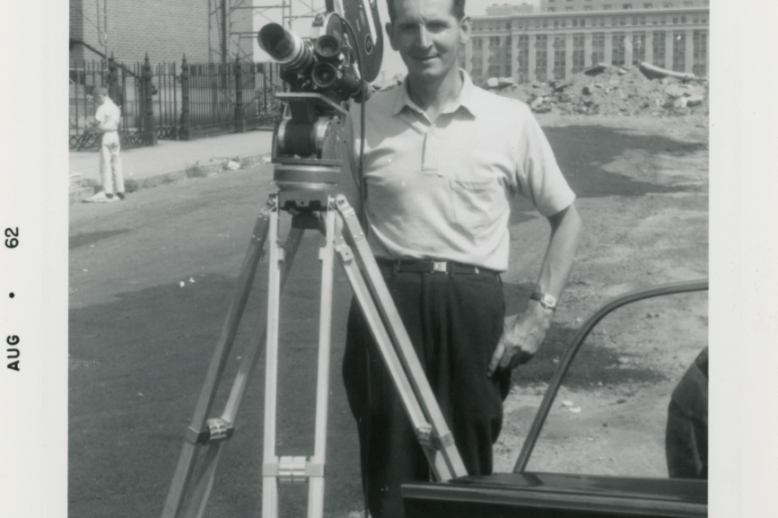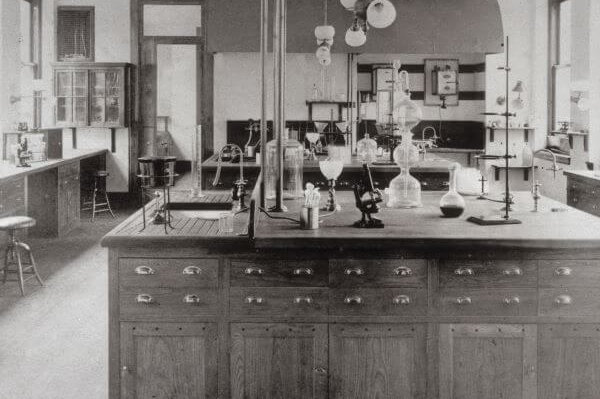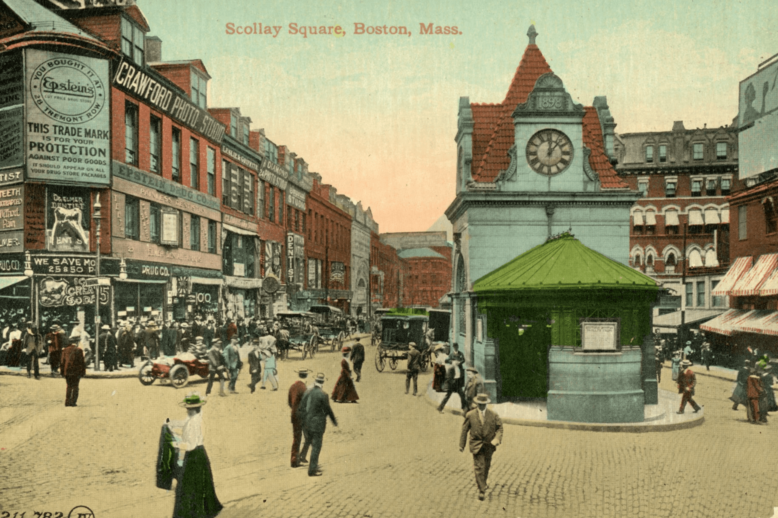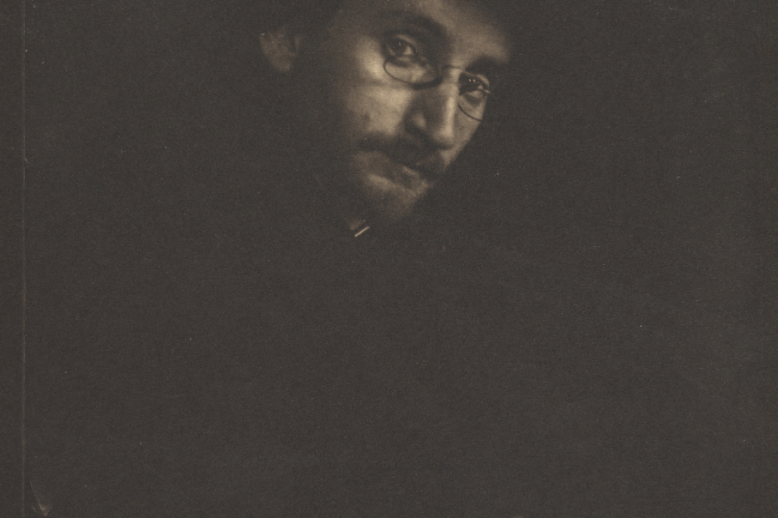Era: Immigrant Neighborhood (~1880-1960)
Immigration, first, second, and third-generation Americans, Settlement Houses, Irish politics, etc.
Below is a memory letter from the Museum’s archives, originally submitted by Joseph LoPiccolo to the West Ender Newsletter in 1988. In it, we follow Joseph and his grandfather (an Italian immigrant) through their daily lives in Boston’s West End, prior to its demolition.
Founded in 1894, the Frances E. Willard Settlement House was located on the West End’s Chambers Street for nearly five decades. The Settlement House aimed to serve the neighborhood’s immigrant population and factory workers by offering social services, community clubs, and housing to young women and children.
In the 20th century, the superblock concept emerged from modernist planning principles as an alternative to the traditional grid. These superblocks, while theoretically promising a more ordered and healthy urban environment, proved destructive when implemented through America’s urban renewal programs, including in Boston’s West End.
Charles J. “Frani” Zanfani (1922-2001), born in Boston to Italian immigrant parents, first moved to the West End with his family in the 1950s. Displaced by the West End urban renewal project to the North Slope of Beacon Hill, Frani devoted the 1960s to meticulously photographing the destruction of the neighborhood. His photographic collection, preserved at The West End Museum, offers a poignant view into Urban Renewal and its devastating effects on the community.
This is a self-guided version of our Faces & Places: LGBTQ+ History in the West End walking tour. From the late nineteenth century onward, this neighborhood was a hub for LGBTQ+ people in Boston, even when much of their history and activities flew under the radar. This area featured speakeasies, raids, Boston marriages, early publication of queer literature, famous gay bars, and AIDS epidemic protests. This tour will focus on the faces and places of the queer community in the West End and how they shifted over time.
The Allen Street House, built in 1874 at Massachusetts General Hospital, became the center of early pathology and autopsy practices in Boston. The House’s morgue, autopsy amphitheater, and laboratories were used for experiments, research, and education. For over 80 years, it served as the symbolic and functional heart of the hospital’s pathology department, shaping both clinical knowledge and medical teaching.
Scollay Square was a vibrant entertainment hub in Boston from the mid-19th century to the early 1960s, known for its burlesque theaters, comedy shows, boisterous bars, and eclectic mix of businesses. Located directly next to the West End at the intersection of Cambridge, Court, and Tremont streets, it attracted both locals and out-of-town visitors, including sailors, with its lively nightlife and commercial offerings. The area was demolished in 1962 as part of an urban renewal project, to be replaced by Government Center.
F. Holland Day was a publisher and photographer who lived in the historic West End around the turn of the 20th century. Though he never described himself in so many words, he may have had same-sex relationships with other men and is generally seen as traveling in LGBTQ+ circles during his life. In addition to his significance as an artist, he also had a close relationship with an Italian immigrant family, the Costanzas, from the Upper End of the West End while he lived on the north slope of Beacon Hill.


